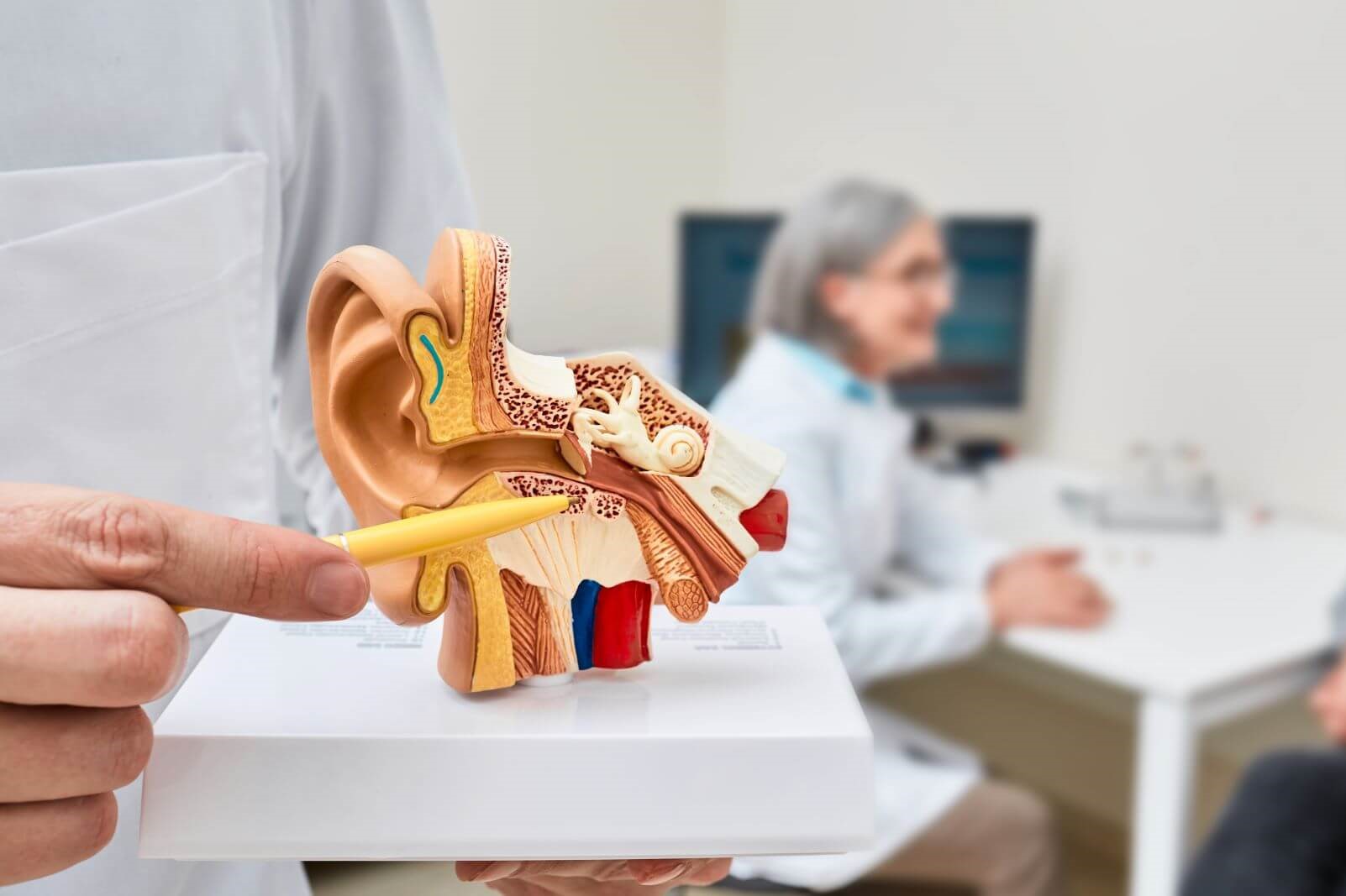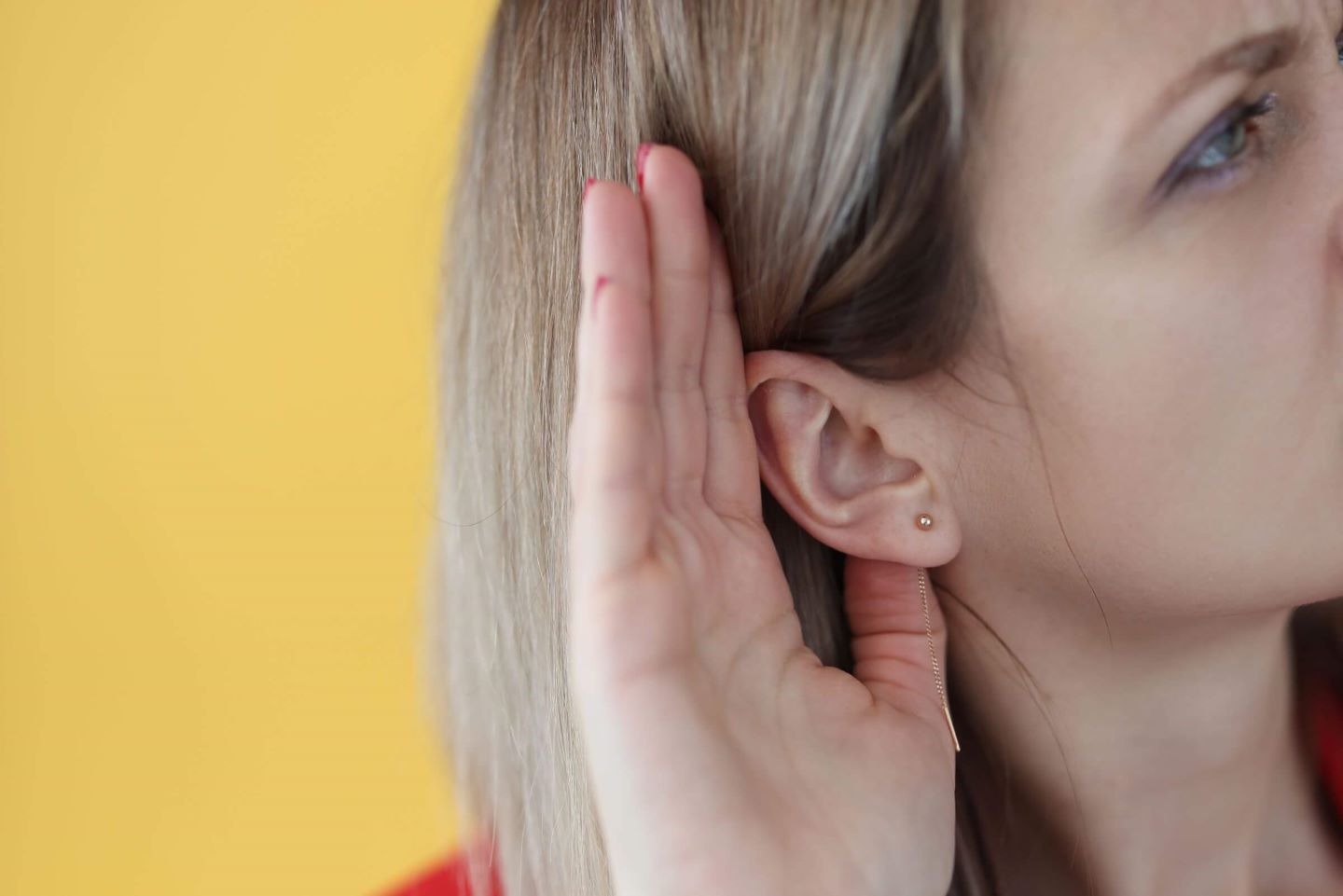Hearing Loss Causes


Causes of Hearing Loss

Understanding the Impact of Hearing Loss
Hearing loss is a lot more common than you might think. It’s estimated that nearly 50 million Americans have at least some degree of hearing loss. Hearing loss is often a gradual process, and it can go untreated for many years. On average, people wait 5 to 7 years before booking a hearing test and treating their hearing loss.
Hearing loss can have far-reaching effects, both on your physical and emotional health. Hearing loss can have profound impacts on your emotional well-being and social interactions, often leading to isolation and loneliness. Untreated hearing loss is also linked to depression, anxiety, and cognitive decline.

What Causes Hearing Loss
Hearing loss can be caused by a variety of factors, impacting people of all ages and backgrounds. Some of the most common causes of hearing loss include:
- Exposure to loud noises over an extended period, such as loud music or occupational noise.
- Aging can lead to a gradual decline in hearing ability.
- Infections or illnesses, including meningitis, mumps, or ear infections.
- Injuries to the head or ear that cause damage to the auditory system.
- Genetic factors that predispose individuals to hearing impairments.
- Ototoxic medications that harm the delicate structures of the ear, impacting hearing ability.
- Tumors in the ear or along the auditory pathways can contribute to hearing loss.
- Malformations in the ear from birth or acquired conditions that affect its structure.

Understanding the Mechanism of Hearing Loss
Hearing starts when sound waves travel down the ear canal and vibrate the eardrum, transmitting these vibrations to the middle ear bones. These bones then amplify the movement and cause movement in the cochlea, a fluid-filled structure in the inner ear. Inside the cochlea, tiny hair cells are stimulated by the movement of this fluid, converting the vibrations into electrical signals.
These signals are then transmitted to the brain through the auditory nerve, where they're interpreted as sound. The brain decodes and processes these electrical signals, allowing us to perceive and understand various sounds, tones, and speech. Damage to the structures of the outer, middle, or inner ear can all lead to hearing loss.
Types of Hearing Loss
- Conductive Hearing Loss: Conductive hearing loss occurs when sound waves are unable to travel effectively through the outer or middle ear. This can result from conditions like ear infections, fluid buildup in the middle ear, earwax blockage, or damage to the eardrum or middle ear bones. Any obstruction or damage in these areas can impede the transmission of sound to the inner ear.
- Sensorineural Hearing Loss: Sensorineural hearing loss relates to issues in the inner ear or auditory nerve. It occurs when the hair cells in the cochlea or the auditory nerve are damaged or malfunction. Causes include aging, prolonged exposure to loud noises, genetic factors, certain medications, head trauma, infections, or diseases affecting the inner ear. Once these delicate hair cells are damaged or lost, they cannot regenerate, leading to permanent hearing loss.
- Mixed Hearing Loss: Mixed hearing loss is a combination of conductive and sensorineural hearing loss. It occurs when there is a problem in both the outer or middle ear and the inner ear or auditory nerve. Conditions such as chronic ear infections, trauma, or diseases that affect both areas can lead to mixed hearing loss.

Treating Hearing Loss
Treating hearing loss can enhance your ability to engage in social settings and foster effective communication. By proactively managing hearing loss, older adults can maintain their daily routines, stay connected with friends and family, and maintain independence.
At Pratt Hearing Aids, our hearing health specialists are dedicated to providing support. It all starts with a hearing test that will determine the presence and severity of your hearing loss. This assessment also helps us to identify the type of hearing loss you're experiencing. If you have conductive or mixed hearing loss, we may refer you to a specialist to explore other possible interventions or treatment options.
Reach Out Today

Better Hearing Starting at Just $99/Month



